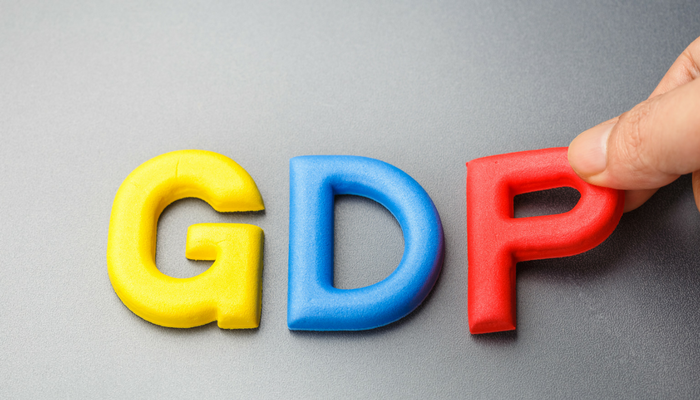What Does Holistic Happiness Mean? Can We Build the Capability for Happiness?

Many people have a straightforward view of happiness, uniquely their own. Happiness isn’t merely a rating from 1-100 but is a derived from a variety of factors that impact each person differently. One person may not care about their career or income much, while for others this may be critical to their happiness. Many western countries focus on economic success as a driver for joy and assume that someone who has a job, can support their family, or is making more money than they need each month is going to be happy.
Studies show that this just isn’t the case. Happiness is much more than economic success and can depend significantly from person to person and culture to culture. Some aspects include the individual's temperate and personality, education and school environment, workplace situation, social elements and of course, family. It’s important to take a holistic view of happiness, overall. For example, instituting this idea of a Gross National Happiness index so that citizens can clearly see how a country is working to focus on happiness for its citizens.
Individual
Each person has different factors which impact their happiness, different capabilities to appreciate positive things, and are affected by adverse factors differently. A person can improve their ability to be happy. Understanding their goals and values, what makes them happy, is a crucial part of understanding the individual themselves. This motivation and drive are important and help one understand how that person gets things done. Few people love money for money’s sake; they love it for security, power, and the lifestyle and options it provides. Understanding the underlying desire allows a person to focus on the exact things that matter to them.
Education and School
People who are in school spend a significant portion of their lives in educational facilities. How those educational systems operate and what they provide as far as services and support have a tremendous impact on happiness. If a person is taking classes that are too advanced, or not sophisticated enough, with little help from teachers or counselors they are unlikely to be very happy. Additionally, level of education correlates highly with happiness. This joy is partially due to the better employment options associated with higher education achievements but is also related to the fact that higher education often offers opportunities for connecting better to others and for students to understand their thoughts, needs, and personality better. Philosophy and psychology classes taught in earlier years can also be beneficial in assisting a person not just in being happy, but understanding what leads to their happiness.
Workplace
Much like schools, work takes a considerable percentage of people’s time. A workplace with little respect for its employees well being by ignoring work-life balance, allowing managerial misconduct or abuse or merely having an unpleasant culture can make it nearly impossible for their employees to be happy. The impact of other factors can help, but if a person is miserable for 9 hours a day, overall happiness is going to suffer. Companies can focus on pleasure not just in the workplace, but in their employees’ lives by offering choices, freedom, and fulfillment.
Those who want to focus on happiness in their businesses for their employees or as their organizations develop may find that an event like The Happiness Festival helps them to learn more about the idea of holistic happiness. To build happiness it’s crucial that one work with a holistic model that incorporates all parts of an individual’s personhood. Otherwise, the process will be disorganized and unfocused. Instead, it makes sense to take all factors into account, focusing on happiness in each of the above areas.





